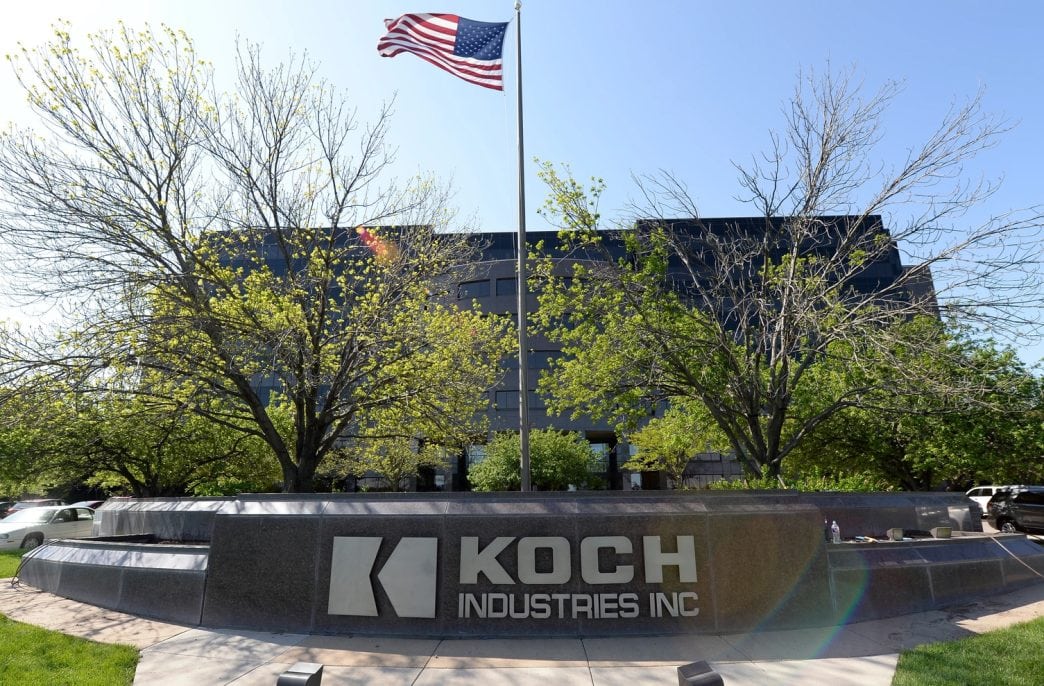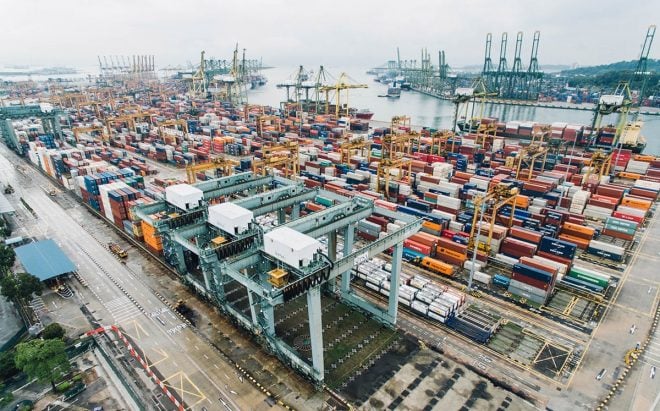Koch Industries’ purchase of Iowa Fertilizer causes monopoly concerns

The announcement of Koch Industries’ acquisition of OCI’s Iowa Fertilizer Co. for $3.6bn has stirred significant apprehension among agricultural groups and legislators regarding the potential formation of a monopoly in the fertilizer industry. This concern is primarily focused on the impact such consolidation could have on the market, potentially leading to higher prices for farmers at a time when agricultural inputs are already a significant cost.
Jason Sporrer, a sales manager for a cooperative in western Iowa, expressed his dismay at the news, noting the beneficial competition and price moderation brought about by the Iowa Fertilizer Co. since it began operations. The deal, currently under review by the Federal Trade Commission (FTC), has prompted agriculture leaders and lawmakers to urge for a thorough investigation due to the implications it may have on market volatility and pricing structures.
In January, a collective of agriculture groups appealed to the FTC and the Department of Justice, emphasizing the gravity of the situation given the considerable taxpayer investment in the facility, which received over $500 million in incentives. The involvement of substantial public funds raises additional concerns about the future of the plant’s 260 employees and the broader implications for the local economy.
Democratic Representative Megan Srinivas of Des Moines highlighted the importance of maintaining jobs in Iowa, especially those created with taxpayer incentives aimed at fostering local employment and economic growth.
Koch Fertilizer, a subsidiary involved in the transaction, stated its commitment to enhancing the operation in Wever, Iowa, aligning with its broader investment strategy to increase production and service reliability for its customers.
The acquisition comes against a backdrop of increasing consolidation within the fertilizer industry, which has seen a significant reduction in the number of U.S. firms over the past decades. Chad Hart, an economics professor at Iowa State University, pointed out the potential risks to competitive balance in the market, suggesting that the deal could trigger regulatory scrutiny from the FTC and Department of Justice.
The transaction is also under the microscope due to the recent surge in fertilizer prices, partly attributed to global events like the war in Ukraine. Although prices have receded from their peak, they remain higher than historical averages, underscoring the importance of competitive practices in the industry.
The U.S. Department of Agriculture has launched initiatives to counteract market consolidation and stimulate competition, including the Fertilizer Production Expansion Program, which supports projects aimed at increasing production capacity across the country.
The Biden Administration’s commitment to promoting competition and scrutinizing market-dominating mergers reflects a broader effort to ensure fair practices in vital sectors like agriculture, where the impacts of consolidation can directly affect both producers and consumers.
As the industry and stakeholders await the outcome of regulatory reviews, the debate over the balance between market efficiency and competition continues to unfold, with implications for the agricultural sector and beyond.



